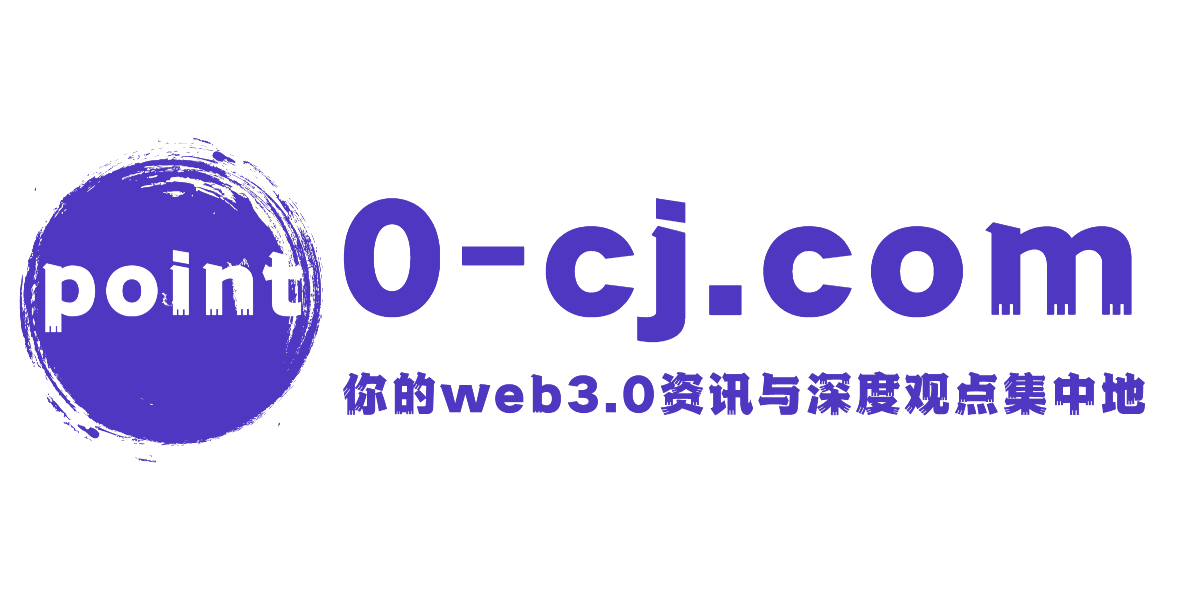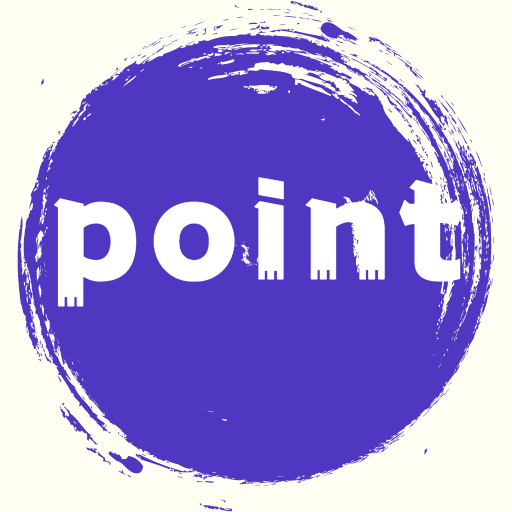零点课堂 | Decentralized Autonomous Organizations (DAOs) Explained(1)
What is a DAO and how does it work?
The acronym DAO stands for Decentralized Autonomous Organization. In simple terms, a DAO is an organization that is governed by computer code and programs. As such, it has the ability to function autonomously, without the need for a central authority.
Through the use of smart contracts, a DAO can work with external information and execute commands based on them – all this without any human intervention. A DAO is usually operated by a community of stakeholders incentivized through some kind of token mechanism.
The rules and transaction records of a DAO are stored transparently on the blockchain. Rules are generally decided on by stakeholders’ votes. Typically, the way decisions are made within a DAO is through proposals. If a proposal is voted on by a majority of stakeholders (or fulfills some other rule set in the network consensus rules), it is then implemented.
In some ways, a DAO works similarly to a corporation or a nation-state, but it’s one that operates in a more decentralized fashion. While traditional organizations work with a hierarchical structure and many layers of bureaucracy, DAOs have no hierarchy. Instead, DAOs use economic mechanisms to align the interests of the organization with the interests of its members, usually through the use of game theory.
Members of a DAO are not tied by any formal contract. They are rather bound together by a common goal and network incentives tied to the consensus rules. These rules are completely transparent and written in the open-source software that governs the organization. Since DAOs operate without borders, they might be subject to different legal jurisdictions. As the name implies, a DAO is decentralized and autonomous. It’s decentralized because no one entity has the authority to make and enforce decisions. And it’s autonomous because it can function on its own.
Once a DAO is deployed, it cannot be controlled by a single party but is instead governed by a community of participants. If the governance rules defined in the protocol are designed well, they should steer actors towards the most beneficial outcome for the network. Simply put, DAOs provide an operating system for open collaboration. This operating system allows individuals and institutions to collaborate without having to know or trust each other.
声明:本文由 Binance撰写,零点财经收录,观点仅代表作者本人,绝不代表零点财经赞同其观点或证实其描述。

 tao
tao


